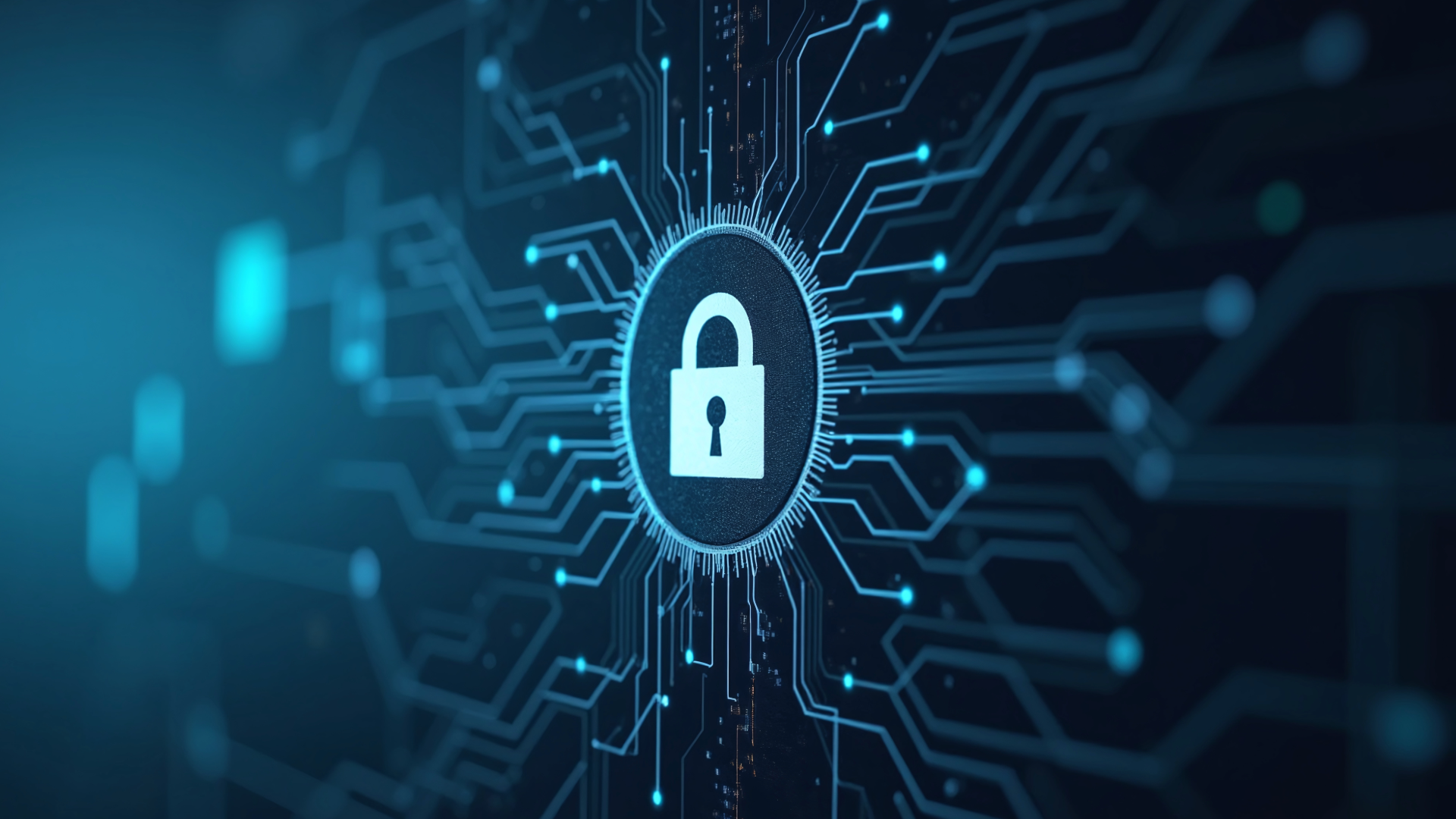When we hear the word governance, most of us think about corporate boardrooms, multinational organizations, and regulators ensuring compliance. But in today’s evolving world of work, governance is no longer just for big companies. Increasingly, individuals—freelancers, advisors, consultants, and independent professionals—face their own compliance, contractual, and oversight challenges.
In 2025, personal governance has emerged as a critical tool for navigating risk, building trust, and ensuring sustainable growth in a fast-changing environment.
1. The Future of Work Demands Accountability
The workforce is shifting rapidly. The rise of freelancing, gig platforms, and remote advisory roles has created unprecedented opportunities—but also new responsibilities.
According to McKinsey’s research on the future of work and risk, the flexibility of independent work comes with added complexity: managing contracts, ensuring legal compliance, and protecting personal reputation. Without proper systems in place, individuals risk mismanaging obligations that can directly affect their careers and financial stability.
2. The Rise of Personal Compliance
Personal compliance is no longer a niche issue—it’s becoming a mainstream necessity. Independent professionals often juggle:
- Multiple contracts across clients or projects
- Data protection responsibilities (e.g., GDPR or client confidentiality)
- Financial and tax obligations as self-employed workers
- Reputational risks tied to online presence and professional credibility
Fast Company highlights that individuals who treat compliance casually risk losing opportunities, damaging relationships, and facing costly penalties. Personal governance ensures that obligations are tracked, risks are identified, and commitments are honored.
3. Contracts and Oversight Are Personal Now
Think of a freelancer working on five projects simultaneously. Each contract carries its own deadlines, deliverables, and terms. Without oversight, even small mistakes—like a missed deadline or overlooked clause—can erode trust.
Personal governance provides a framework to:
- Centralize contracts in one secure place
- Track obligations and deadlines
- Establish transparency with clients
- Mitigate risks before they become problems
It’s not about bureaucracy—it’s about empowering individuals with the same level of professionalism and accountability that enterprises use.
4. Building Trust Through Governance
Governance isn’t just about avoiding penalties—it’s about building credibility. When individuals demonstrate they can manage commitments transparently and responsibly, they stand out in competitive markets.
Clients are far more likely to trust and re-engage professionals who can show they are structured, compliant, and reliable. In a crowded digital marketplace, personal governance is quickly becoming a differentiator.
How MPG Empowers Personal Governance
At MPG (My Premium Governance), we believe governance should be accessible to everyone—not just corporations. That’s why we’ve designed tools specifically for individuals, freelancers, and advisors, enabling them to:
- Manage contracts and commitments with ease 📑
- Track compliance and obligations like tax, privacy, and regulatory needs 🔍
- Mitigate risks through structured oversight and alerts ⚠️
- Build credibility by showing clients they operate with enterprise-level professionalism 🌍
With MPG’s Personal Governance tools, individuals gain the same capabilities that large companies rely on—scaled down, simplified, and tailored to personal success.
✅ Governance is no longer optional—even for individuals. The future of work demands oversight, accountability, and trust.
👉 Discover how MPG’s Personal Governance solutions can help you take control of your contracts, compliance, and obligations. Visit My Premium Governance today.



